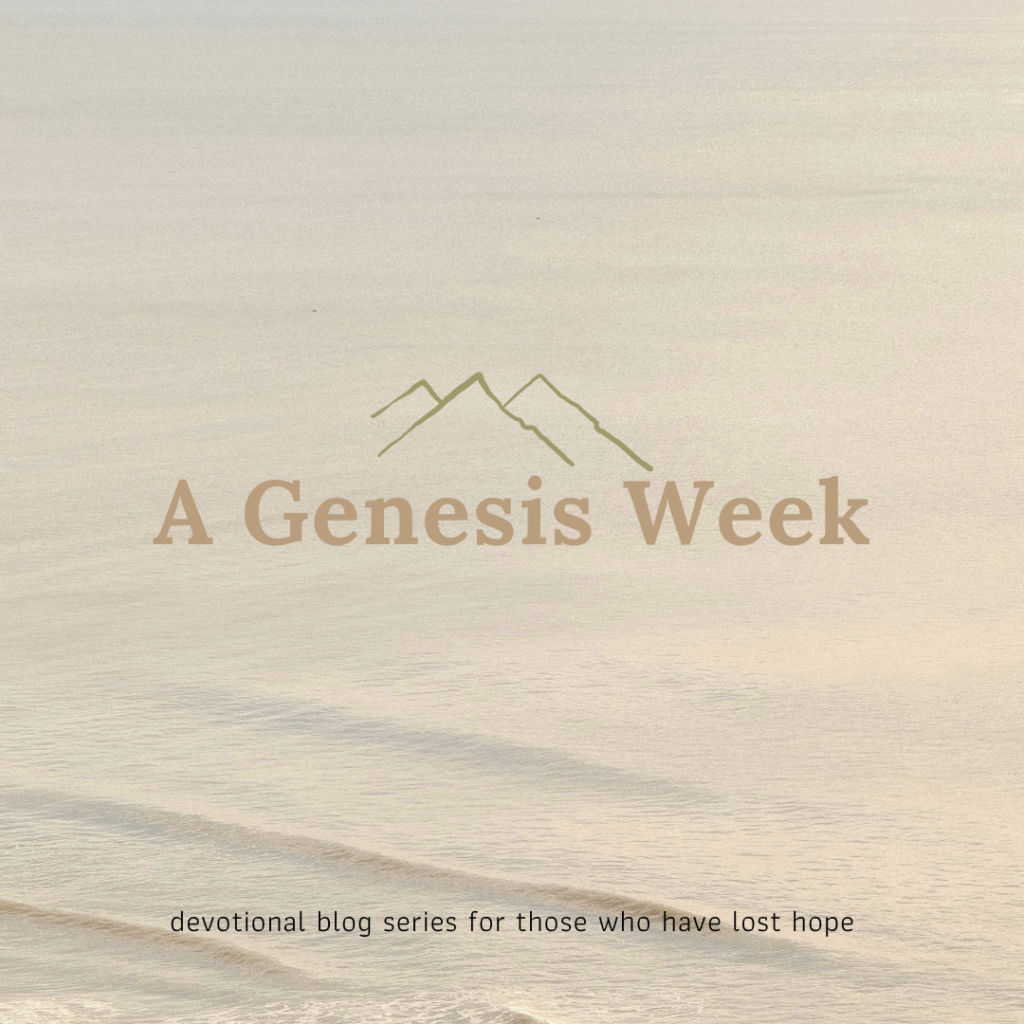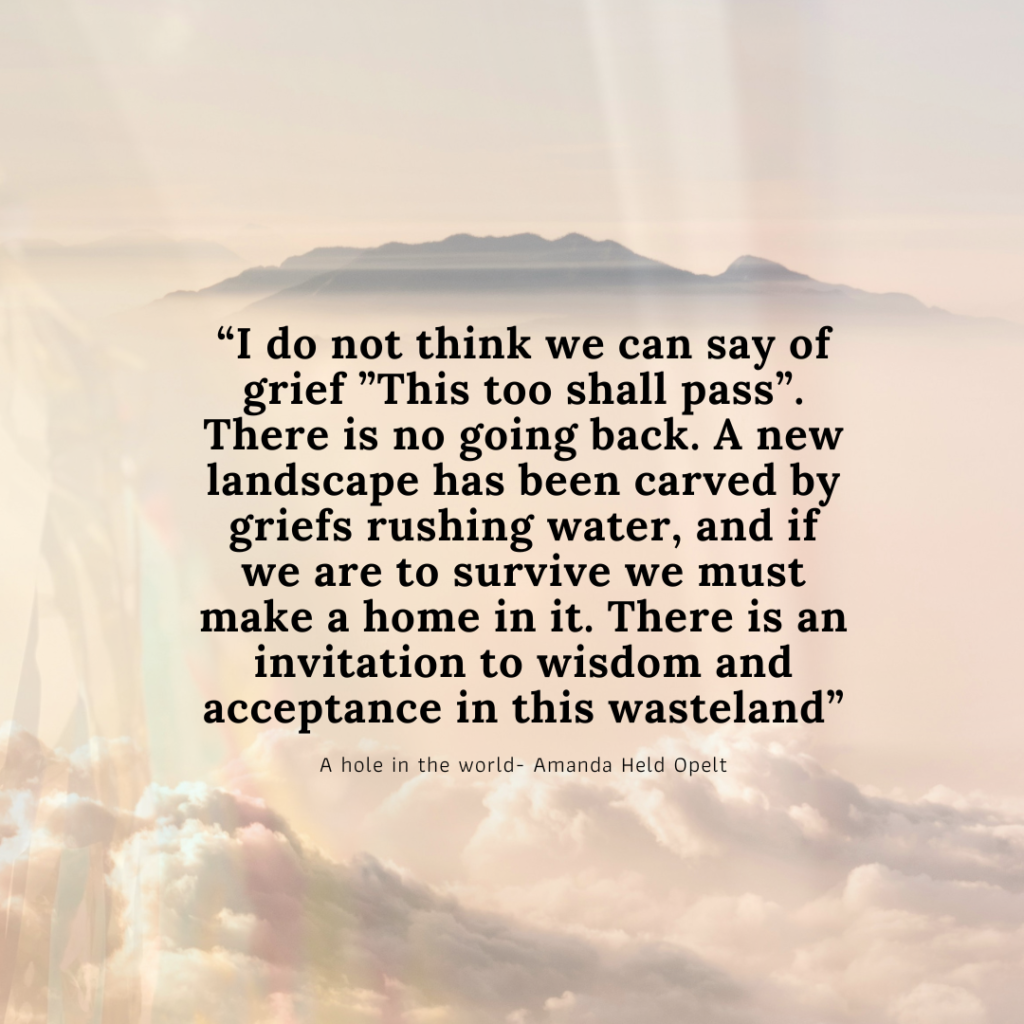
“Have mercy on me, O God, according to your steadfast love; according to your abundant mercy blot out my transgressions. Wash me thoroughly from my iniquity, and cleanse me from my sin”
Psalm 51:1-2
If there is an emotion that will mark the season globally, it is grief. We have all walked through a dark age with a loss of innocence that realigned our sense of what is possible. Imagine life in 2019 with me right now. Please close your eyes and listen to the sounds coming through our cultural systems.
Imagine a life where funerals and weddings would be limited to very small numbers.
Imagine a world where you were unable to go physically to your workplace.
Imagine a world where schools were closed and overnight we were stopped from travelling.
Imagine a world where singing was banned in churches and handshakes forbidden.
In 2019, we all would have said, “No way, this is impossible.”
A few months later, the world writhed with mass societal and cultural change. Yet we did not grieve the impact of this time of challenge, loss and confusion. We all lived this experience, but we have not collectively grieved the impact of these cultural changes and the fear that brought an age of innocence to the fore. We cannot go back. There is no pre-pandemic cure for what we have faced globally. We watched society and the church unravel across our screens as we isolated in our homes, and the impact was dramatic.
It was a shocking season of iniquity. Which is defined as “grossly unfair behaviour”.
Then we moved on.
Taylor Swift created a world tour, wars erupted, new presidents were elected, travel began again, and reunions became the norm.
The problem is that we have silently pretended nothing happened, and the world smiled because events were back on again. We have not faced the collective iniquity and the devastating consequences. A record 49,625 couples in Australia filed for divorce during 2020 and 2021, marking an 8 per cent increase over 12 months. A National Legal Aid survey taken in the depths of the COVID-19 lockdowns further highlighted the issue, showing that one in 12 couples were looking to separate.
A different point of view is that some of us enjoyed the slower pace, and the industries that looked after people had no break; they faced death every day. The pandemic completely changed their world.
They longed for mercy.
We pressure leaders to have the answers, carving out a season no one had witnessed in their lifetime. The leadership pressure was overwhelming. The most significant changes, however, came at the dinner tables, where families were split brutally by sides of a philosophy that no one was ready to fight for—vaccines, scarcity, food insecurity, comparison, depression, anxiety— recurring topics that ripped communities apart.
I know my church community faced public trolling because we were in a public venue that required vaccine evidence before someone could walk into the building. This was at the request of the government, not our eldership, but other Christians trolled social media and shouted their rhetoric from the sidelines.
We have not acknowledged the need for forgiveness from this season of complexity. We have just walked forward and tried to forget the impact on families, friendships and foes.

It is an invitation to find wisdom in this wasteland; we must find a way to allow mercy to shape our moments and acknowledge the grief contained in each of our stories, to make beautiful here.
Firstly, we must corporately acknowledge the pain of the pandemic season. Leaders we need to hold space for this public meetings. We need to lead our congregations in a way that acknowledges the loss and loneliness left from this season.
Secondly, we must find ways to show mercy to those who hurt us. This must be done with wisdom and courage. We are called to be a people of forgiveness, yet we have not found ways to do this with healing. Repentance is not just a suggestion, it is the cornerstone of our faith. Finding ways to forgive those who have hurt us, is imperative for our future.
Lastly, we need to draw ourselves back to the table once again. A place of encounter, presence and hospitality. Making beautiful here in the grief of what we have experienced together. We have created a culture that observes and consumes at an escalating rate. We have taught people to isolate, whether they can articulate it. This creates a comparison generation. A not-enoughness that plagues our soul. We observe people’s lives through an online filter. The lens of loss and lack that motivates our incessant need for more, reframes our worldview.
Defend, disconnect, filter, don’t reply with an honest answer. Amid this scarcity, the hustle for more visibility, notoriety and fame, there is an abundance that is left waiting. A gratitude that shifts our perspective. An opportunity for lessons learnt and ego surrendered.
This blog is a call to make beautiful right here. A genesis week of restoration in our communities begins by acknowledgement, moves towards repentance and forgiveness, then a return to the table so we can be present to one another again.
A time of forgiveness, mercy that doesnt make sense and singing is here. Lately I have found myself repeating. “Make beautiful here” right here and right now. Amid imperfection. Amid stumbling moments of unmet expectations.
Make beautiful here, my spirit whispers in the quiet moments of regret.
Make beautiful here, amid my grieving of the loss of innocence and acceptance we once enjoyed.
Make beautiful here, stop trying to escape the lessons learnt in discomfort and growth.
What am I learning?
How can I listen to a different point of view?
What have I left in unforgiveness from the season of the pandemic?
How can I reframe this moment by its lessons, rather than stepping towards an unknown future, far away from the knowing needed now.
Make beautiful here so we can sit, pray and listen.
Make beautiful here, because this moment will never come again.
Grief has changed us all, and the beautiful renewal that is promised through Genesis to Revelation, that resurrection is available to us once again. It is a time of restoration for all who have walked humbly through this season of chaos and confusion.
Comment above, so we can learn together.




